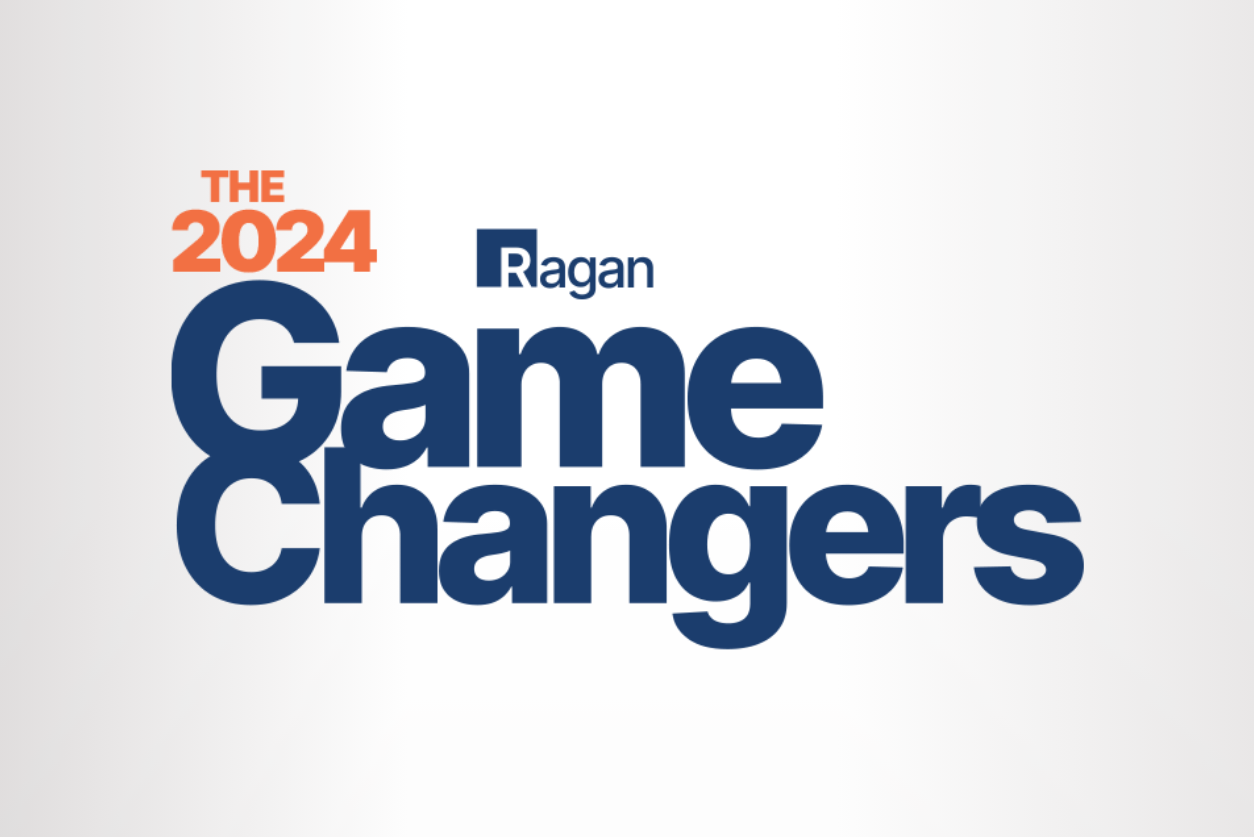Call for entries: Do you know a communications Game Changer?
Ragan is now accepting nominations for our annual Game Changers award, Class of 2024.

Do you know a communications or public relations professional who just won’t stop? Whose knowledge of the discipline is as exhaustive as the average dictionary? Whose list of achievements resembles a CVS receipt?
Think of someone who has faced down crises and battled reputational risk, a comms champion who wields words and wisdom in the name of clarity, trust, authenticity, compassion and inclusion.
That individual may be destined for induction into Ragan’s Game Changers, Class of 2024.
The Game Changers are selected annually by Ragan’s editorial team and the board of Ragan’s Communications Week — which this year will be held Nov. 12-15 in cities around the world, with our flagship Future of Communications event in Austin Nov. 13-15.
These leaders keep comms current, know how to support each and every employee, have a global media impact, and remain ready for any eventuality.
We are currently accepting nominations using this form.
What makes a Game Changer?
Ragan’s Game Changer honor goes to leaders and luminaries in communications and PR whose work has not just revolutionized their own organizations, but sent a shockwave through the profession at large — and the world beyond.
For instance, among our Class of 2023, we honored Halley Knigge, then-director of co-op communication, and now divisional vice president, communications, community and inclusion at REI. Knigge began as a newspaper reporter, and from there she has charted a nimble course across sectors such as healthcare, nonprofits, education and aerospace, where she reshaped creativity for Alaska Airlines before making waves with her firm commitment to brand purpose and values at REI.
We also honored Angie Hu, vice president of corporate communications for Synchrony, who has a reputation for scoring top-notch media results and opening doors for powerful thought leadership across more than a decade. She also made history as the first Asian American woman on Senator Kirsten Gillibrand’s comms team.
Then there was Michael Kaye who, in his role as head of brand marketing, communications and social media, expanded OkCupid’s influence around the world, generating the highest volume of press of any year in its history during his first year in the role.
Know someone like this — or perhaps totally unlike this but equally stellar in their accomplishments? Nominate a leader who has fundamentally changed the way we think about comms and PR using this form, and learn more about our Game Changers award program and Comms Week at CommsWeek.com.






